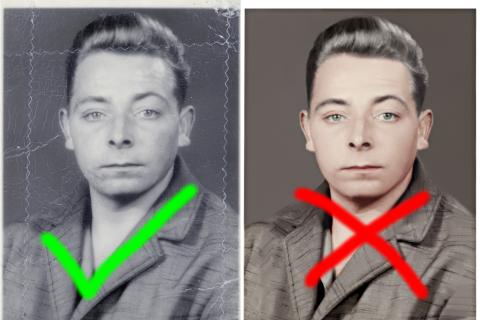“Nee ik heb ze nog niet allemaal; het grootste ei ligt daar nog; hoe lang zal het nog wel duren, eer dat uitkomt?”
Literal Breakdown
| Recording | English | Dutch | Learn |
|---|---|---|---|
| no | nee | ||
| I | ik | ||
| have (1st person singular) | heb | ||
| they (short form) | ze | ||
| yet | nog | ||
| not | niet | ||
| all; all of them | allemaal | ||
| the (neutral) | het | ||
| largest; biggest | grootste | ||
| egg | ei | ||
| lies (3rd person singular) | ligt | ||
| there (place) | daar | ||
| still | nog | ||
| how | hoe | ||
| long | lang | ||
| will (singular) | zal | ||
| it | het | ||
| still | nog | ||
| indeed; rather | wel | ||
| to last | duren | ||
| before | eer | ||
| that | dat | ||
| hatches | uitkomt |
Summary
The Dutch translation for ““No I don’t have them all yet; the biggest egg is still there; how long will it take before it hatches?”” is “Nee ik heb ze nog niet allemaal; het grootste ei ligt daar nog; hoe lang zal het nog wel duren, eer dat uitkomt?”. The Dutch, “Nee ik heb ze nog niet allemaal; het grootste ei ligt daar nog; hoe lang zal het nog wel duren, eer dat uitkomt?”, can be broken down into 23 parts:"no" (nee), "I" (ik), "have (1st person singular)" (heb), "they (short form)" (ze), "yet" (nog), "not" (niet), "all; all of them" (allemaal), "the (neutral)" (het), "largest; biggest" (grootste), "egg" (ei), "lies (3rd person singular)" (ligt), "there (place)" (daar), "still" (nog), "how" (hoe), "long" (lang), "will (singular)" (zal), "it" (het), "still" (nog), "indeed; rather" (wel), "to last" (duren), "before" (eer), "that" (dat) and "hatches" (uitkomt).Examples of "“No I don’t have them all yet; the biggest egg is still there; how long will it take before it hatches?”" in use
There is 1 example of the Dutch word for "“No I don’t have them all yet; the biggest egg is still there; how long will it take before it hatches?”" being used:Practice Lesson

Lesson words


